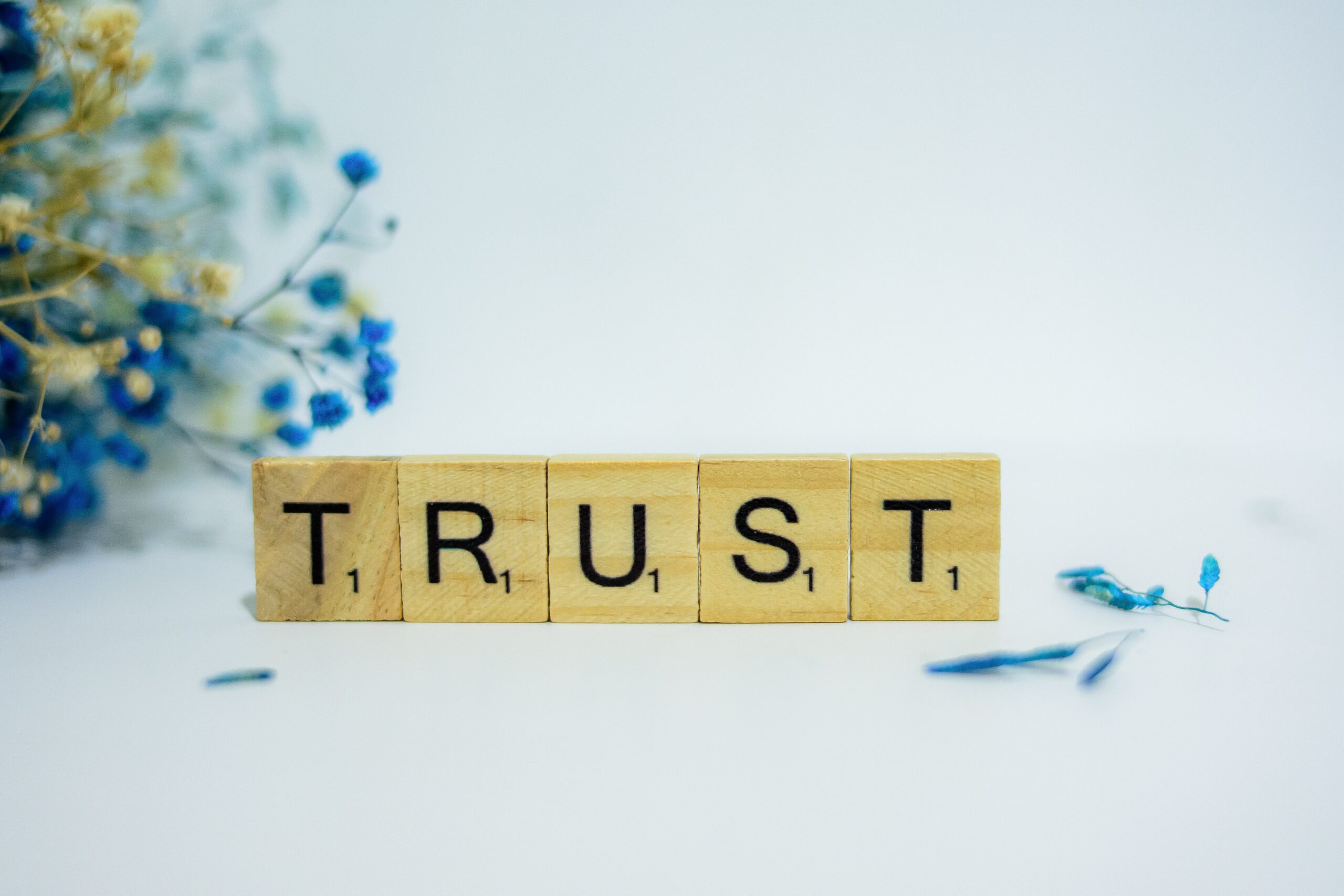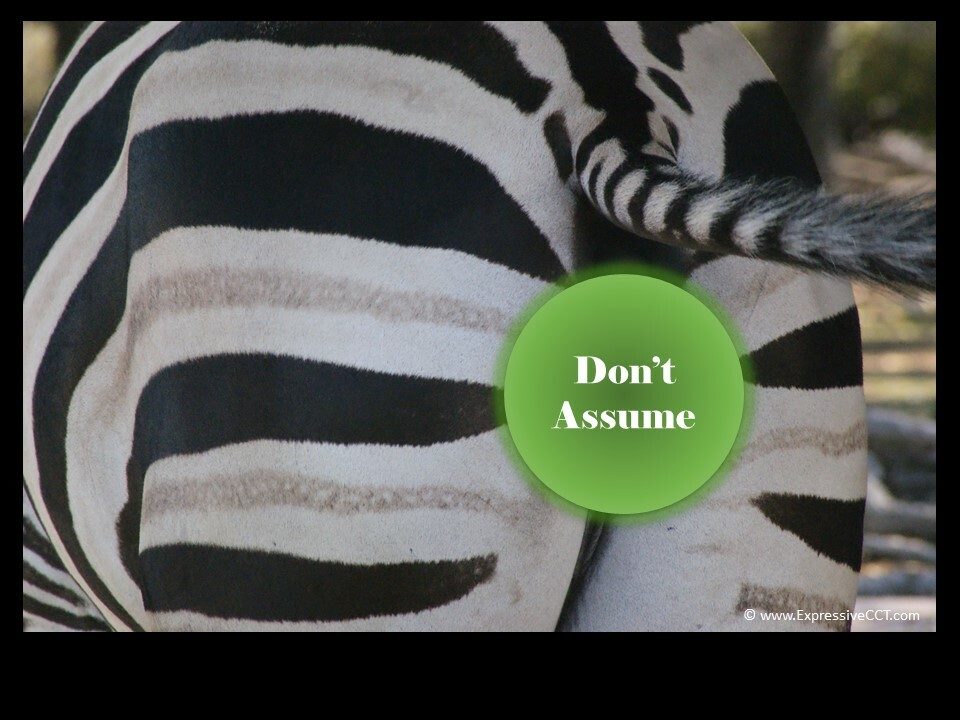Grad school was no picnic for me. Not only was I required to conduct research and write a 63-page thesis (not including the appendices and references), I had to pass a 4+ hour comprehensive exam that required citing sources. It was A LOT of work AND totally WORTH IT! Years later I still find myself using the best thing I learned in grad school.
Meet Arthur Bochner and Clifford Kelly; their research identified traits of competent interpersonal communicators – competencies that have stood the test of almost a half century. I put these five competencies in my toolbelt of communication tools and have found one is especially needed all of the time: empathic communication.
What I love most about empathic communication is that it values each person and each perspective.
MAKE AN EMOTIONAL CONNECTION
The word emotional turns some people off. It feels too touchy feely. So, let me clarify. It isn’t about sitting in a circle and sharing your authentic self. Nor is it sharing moments from your personal life. Nope, not hugs either. Be fully present, listen to understand, ask questions to clarify, and use people’s names.
REFRAIN FROM FEELING SORRY FOR OTHERS
Feeling sorry for someone is a veil for pity. No one likes being pitied because it is rooted in judgment and negativity. It is disempowering and prevents you from treating other people as equals. In fact, it feels like condescension Remain humble and validate others’ experiences.
HAVE GENUINE GOODWILL
The quest to win or be right will do nothing but show your incompetence. The selfishness of seeking win/lose outcomes will do nothing but help you lose. Show openness and kindness to progress communication.
RESPECT BOTH (or all) POINTS-OF-VIEW
Believing someone is intolerant because they hold an opposing view, is in fact being intolerant by expecting them to adopt your point-of-view. Read that again if you need to. It is hypocritical. Understand experiences, values, etc. create points-of-view; agreement is not a requirement.
LET GO OF EXPECTING RECIPROCITY
The mindset of if I do this for you, you need to do that for me or I’ll scratch your back if you scratch mine is the wrong approach. Expecting others to return the favor so-to-speak will leave you disappointed most of the time. Choose to communicate with empathy regardless of what anyone else does or doesn’t do.
“Empathy is seeing with the eyes of another, listening with the ears of another, and feeling with the heart of another.” ~Anonymous
ASSESS YOURSELF: How empathetic are you?

HOW DID YOU DO?
Never. There is a lot of work to do. Others likely feel misunderstood, unheard, or dismissed when communicating with you. Practice your skills and soon you will begin to feel empowered and able to help others feel it too.
Some of the time. Effort matters, yet others likely feel unfulfilled when interacting with you. There is room to grow. Increase your effort and be surprised how the tone of your conversations shift for the positive.
Most of the time. Pat yourself on the back. Your communication skills often impact your interactions in a good way. With a little more polish and presence others will find conversations with you fully satisfying and rewarding.
All of the time. You are a skilled interpersonal communicator. Others like sharing ideas and opinions with you. You make it safe for people to explore their perspective and change their mind. Keep up the amazing communication!
For more on this topic:









Leave A Comment